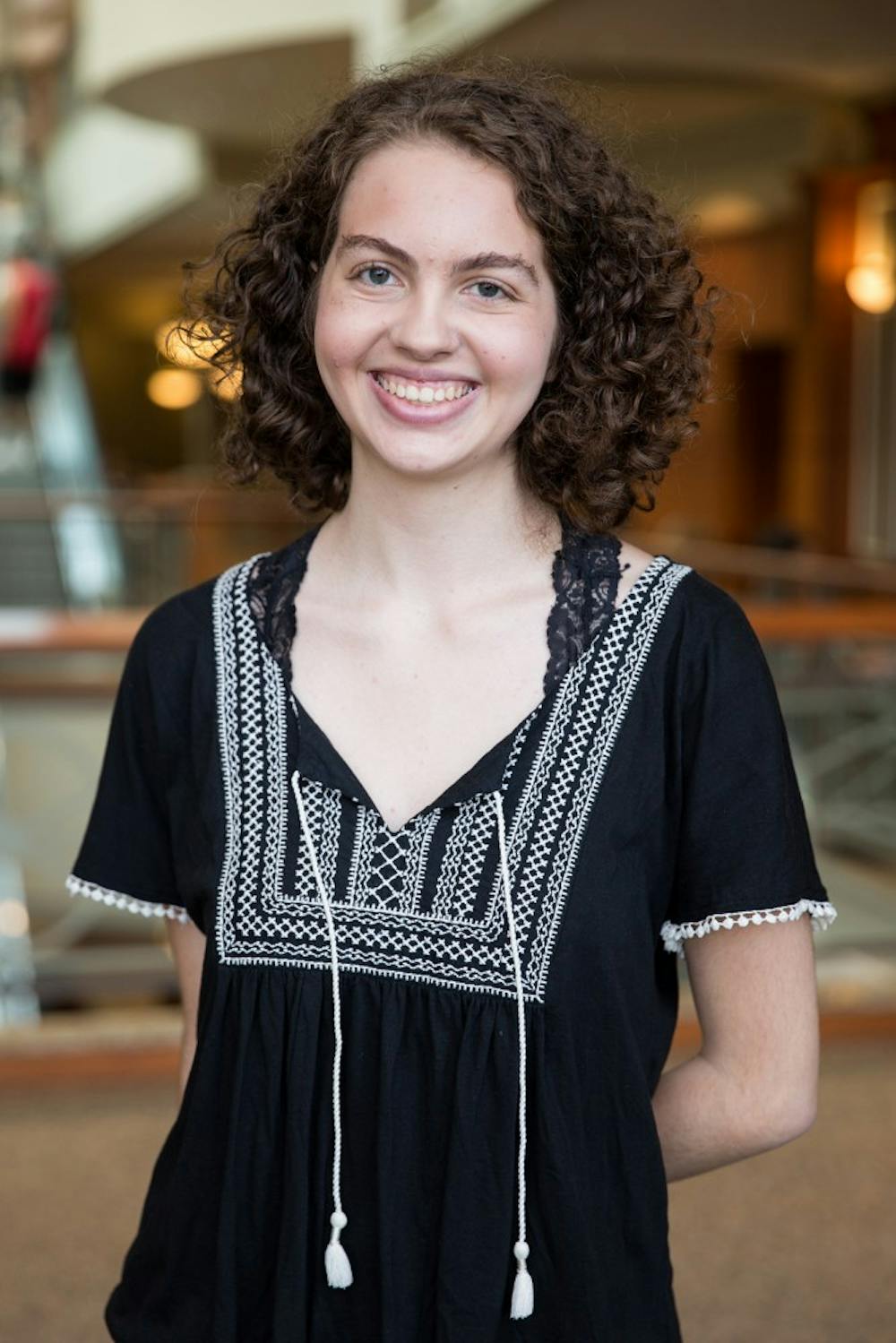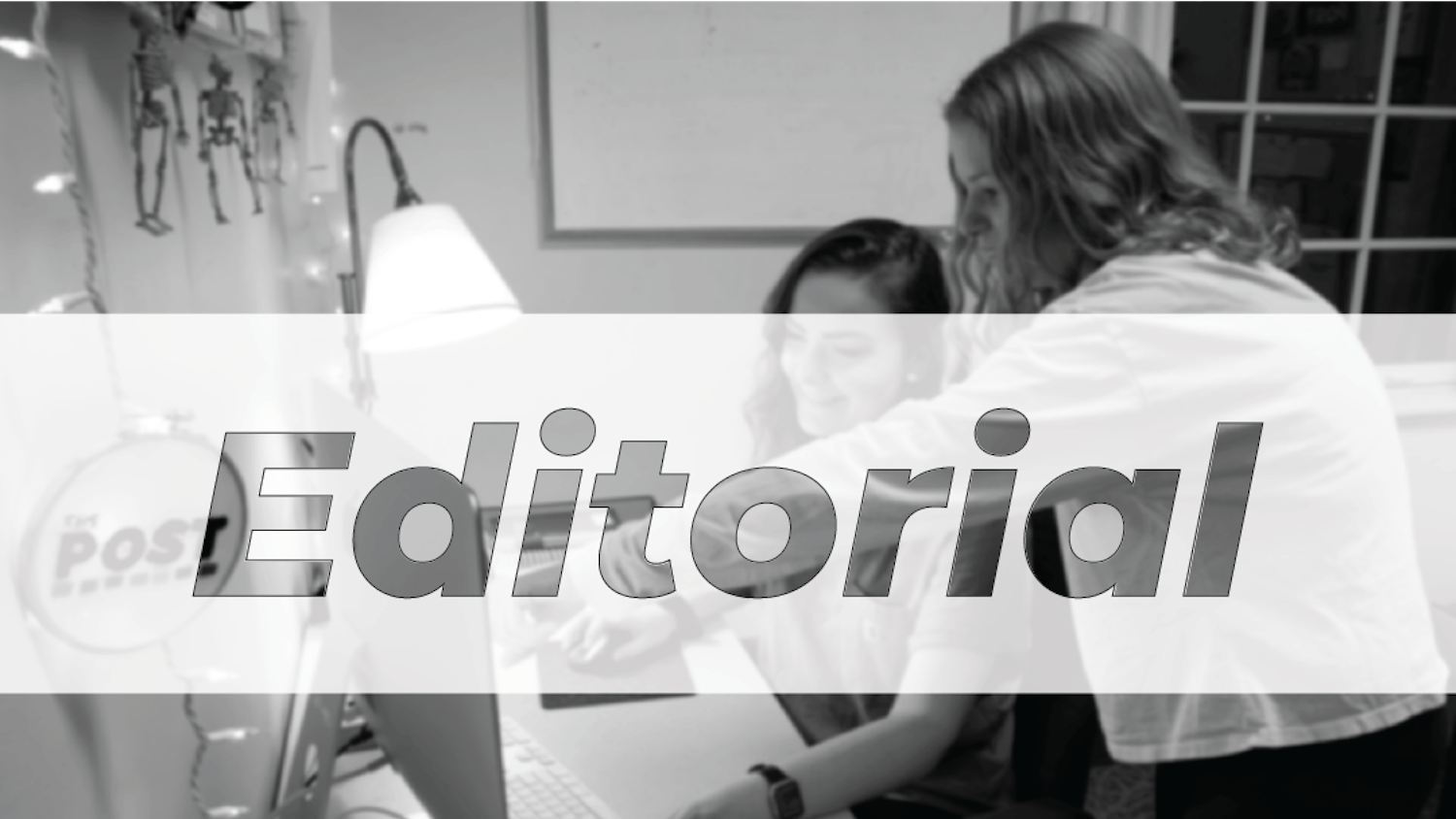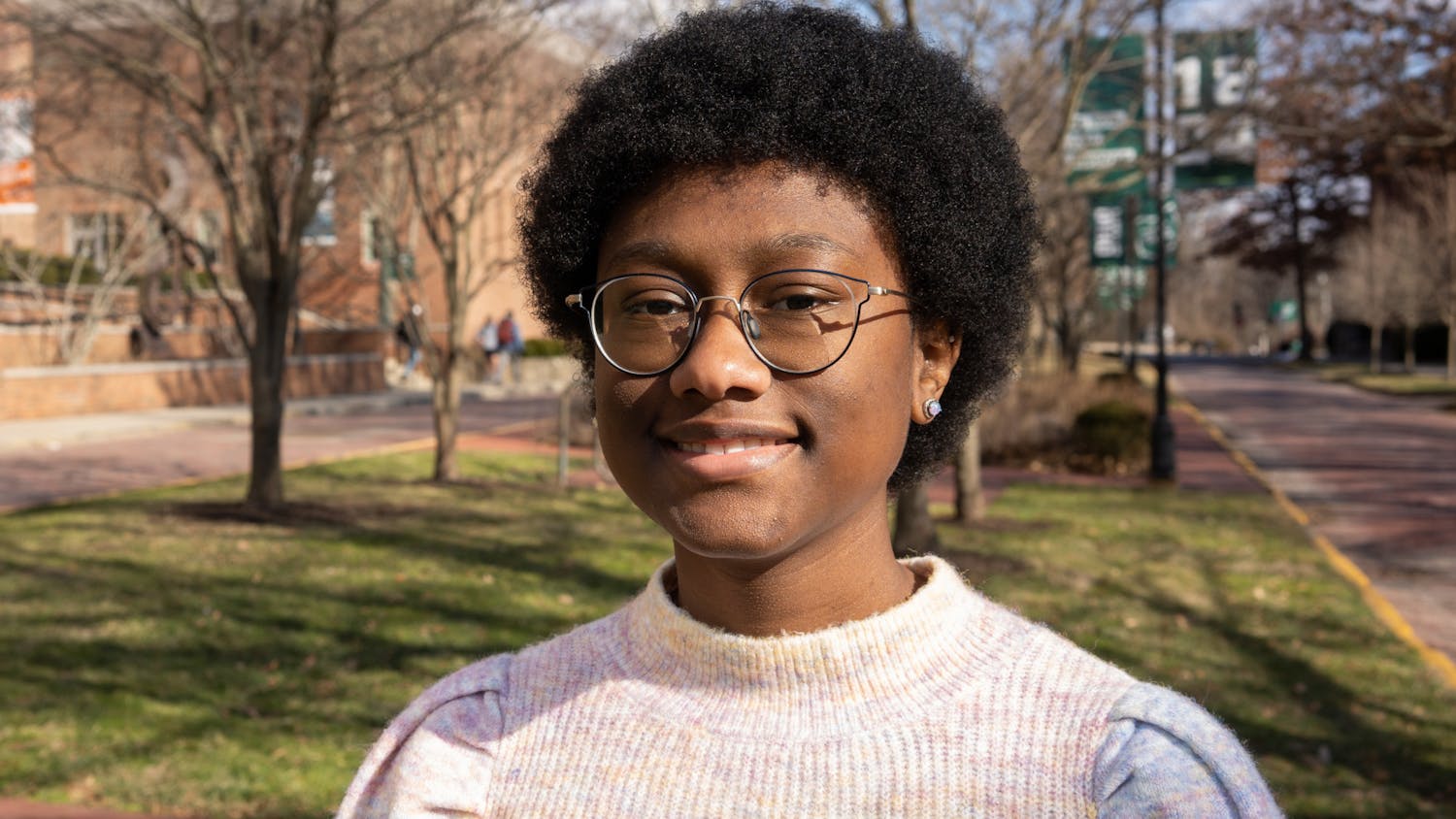One unfortunate part of much of the activism in the queer community is its ongoing lack of intersectionality. Particularly, there is an overall lack of activism for queer people of color. Both past efforts of people of color and their ongoing difficulties within the queer community are too often marginalized and pushed to the side or forgotten entirely.
Since we are still in the midst of Black History Month, I think it is an important time to acknowledge the efforts black members of the queer community have made, how they have been erased throughout history and how black members of the queer community continue to be undermined today. While there are unique struggles faced by all queer people of color, I’m going to focus mainly on the challenges of black queer people here.
First, it is important to understand that black queer figures are often subject to some sort of erasure of their accomplishments, their race, their sexuality or a combination of these factors, and this pattern has occurred multiple times throughout history. Just to give a few examples, Bayard Rustin was Martin Luther King Jr.’s advisor and an openly gay man who supported both black and gay rights movements, yet he is nearly never mentioned in history, despite appearing next to MLK in almost every photograph ever taken of him. Scholars of Langston Hughes, who is regarded as one of the most prominent poets of the Harlem Renaissance, have long thought that Hughes was a closeted gay man who even included queer coding in his poetry at times. Marsha Johnson, one of the main leaders of the Stonewall riots, was a black transgender woman. Recently, she was portrayed by a cisgender actor in the movie Stonewall.
We’ve established that black excellence and queer excellence are not separate and that the identities of black queer figures have frequently been hidden or erased. But the fact is, that sort of erasure is not merely a mistake of history, because black and queer erasure continues today. The stories and images of white queer people, fictional or real, are usually given far more attention than that of black queer people. Think about how many universally acclaimed and successful movies about gay black characters there were before this year’s Moonlight (there were some, but not many). Simply type the words “gay pride parade” into Google, and you will find plenty of pictures of white people waving rainbow flags, but minimal images of people of color.
But aside from media representation, there are also concrete consequences to being both black and queer in the real world. There is widespread racism within many queer communities, as well as homophobia in several black communities. This is not necessarily surprising – unfortunately, these sorts of oppression still exist everywhere – but it is important to acknowledge that these problems exist, because this sort of intersectional oppression means that people who are both black and queer may face judgment and difficulty in multiple communities they belong to, and thus often do not have a place where they are fully accepted.
For this reason, understanding that both race and sexuality contributes to a person’s oppression is vital to improving the lives of queer people of color. Activism that is selective is neither complete nor effective, and movements against oppression do not get a free pass to marginalize or ignore certain groups while advocating for another group. Within the queer community, we need to make greater efforts to recognize when those among us are not being recognized, or worse, are being ignored or harmed in some way, not only in our community but in the greater world. If we are not able to speak up for all our members, not just those that are not negatively impacted by their skin color, then we have failed not only as an activist movement but as a basic inclusive community.
Delaney Murray is a freshman studying journalism with a focus in news and information at Ohio University. Please note that the views and opinions of the columnists do not reflect those of The Post. Who are some important queers of color? Let Delaney know by emailing her at dm181515@ohio.edu or tweeting her at@delpaulinem.






